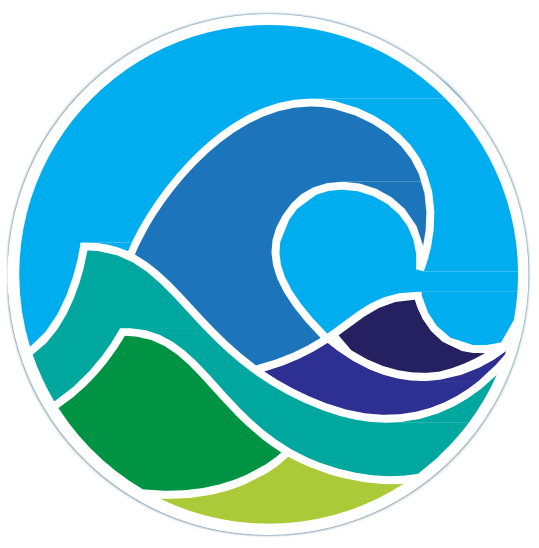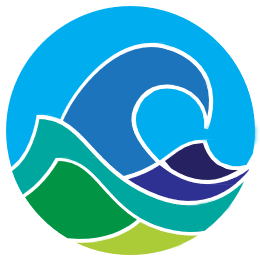Future Seas 2030 Special Issue in Review in Fish Biology and Fisheries
The Future Seas 2030 Special Issue in Review in Fish Biology and Fisheries is now out!
The Future Seas 2030 Special Issue is the product of a large-scale inter and transdisciplinary collaboration that includes ecologists, psychologists, public health and education experts, philosophers, oceanographers, climate modelers, economists, social scientists, engineers, mathematicians, natural resource managers and information and communications technology researchers, as well as governance, ethics, finance and insurance, and law and policy experts from 12 countries and 25 nationalities. A unique and fundamentally important aspect was the involvement and collaboration with Traditional knowledge holders and Indigenous scholars and Elders from 13 First Nations around the world through a Traditional and Indigenous Peoples’ Working Group.
Collectively, this Special Issue explores possible futures for our oceans by 2030 for a series of ‘key’ societal challenges, from climate change, food security and biodiversity, through to issues of ocean governance, ocean literacy and the blue economy. Most papers explore a ‘business-as-usual’ future—what the future might look like if we continued to follow our current trajectory, and then a ‘More Sustainable Future’—what our future could entail if we used available knowledge and technology to achieve a future more aligned with the United Nations Sustainable Development Goals (SDGs). Each paper then explores pathways to achieve that more sustainable future, considering and describing what actions we need to take to achieve the future we want. These action pathways provide a roadmap to a future where society can thrive whilst respecting the ocean’s intrinsic limits. Our world is currently changing very rapidly and the future we create is a choice—but it is not a choice between transformation or not—transformations are already underway. Instead, it is a choice as to whether we can direct those changes toward a more positive outcome for the 8.5 billion people the planet will need to support by 2030, and the coastal and ocean ecosystems they depend on.








